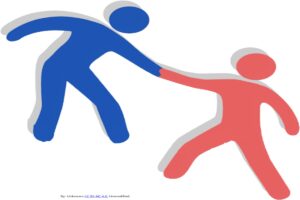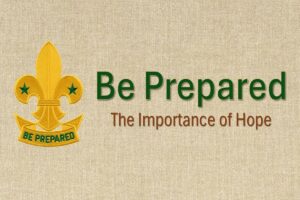Over the last eighteen months I’ve been working with the City of Newport News Department of Human Services helping twenty-six youth between the ages of twelve and seventeen learn some basic leadership and listening skills.
So far, the residents have said, their greatest desire is to build better relationships with their neighbors. Every neighborhood has identified this as their greatest desire even though they recognize that there are issues with crime and violence, the need for more job opportunities and activities for their youth and the need for their neighborhoods to beautified.
We’ve been using Asset-Based Community Development (ABCD) neighborhood surveys to find out what the residents care most about in these twenty-six neighborhoods.
The next step in our process is to engage these residents in ways that will help them to consider how they can build better relationships with the support of their neighborhood churches, their city officials and other associations and institutions.
We need to think and act differently if we are going to mobilize residents around their greatest desires. This reminded me of a story Henry Moore told about an experience he had in the Hampton Roads area many years ago.
I went to Norfolk, Virginia, several years ago to work with a fellow by the name of Curtis Randolph, who was director of Neighborhood Services. I was training department heads, helping them to transform the city organization, to lead by stepping back, and to think about how to lift citizens up and support them in their work.
One of the interesting things Curtis told me was that the mayor had won a recent election, and part of his platform was to clean up the public housing project, a project that had a reputation for drugs and crime and so forth. So they had been out meeting with citizens and talking with them about cleaning up the neighborhood. But there was a problem: citizens would come to meetings but they didn’t seem to make a lot of progress on the city official’s agenda for cleaning up drugs and crime.
After a number of conversations, they discovered that people in the neighborhood saw a problem with rats. There were a lot of young mothers with babies, and people were fearful that the rats might get in the crib or get in the bed. In fact, they told of an occasion when a rat was seen in the crib, although that time the baby wasn’t harmed. This information led city staff to help public housing residents work to bait the rats. Over a period of six or nine months, they cleaned up the rat problem. And then they noticed that, after the rats problem had been abated, citizens in the public housing complex began to get more involved in a number of neighborhood improvement initiatives, including cleaning up drugs and crime.
To me, the moral of this story is, if people tell you the problem is rats, then the problem is rats. It’s not crime or drugs, even if crime and drugs seems like the problem to you. Sometimes it’s hard for those of us in authority to believe that it’s rats because our briefcases are so full with statistics about crime and drugs and answers to the crime and drugs problem that we can’t hear that citizens want to begin with rats. If we want to succeed at mobilizing citizens, we have to close up our briefcase full of answers for a while and open up our ears.
–Henry Moore
From ” When People Care Enough To Act – ABCD in Action” Mike Green with Henry Moore & John O’Brien © 2006 Inclusion Press
OneChurch is in the process of organizing these twenty-six neighborhoods in collaboration with the Newport News Department of Human Services and the Newport News Police Department around their greatest desire – building better relationships. Please contact us if you would like to participate.




